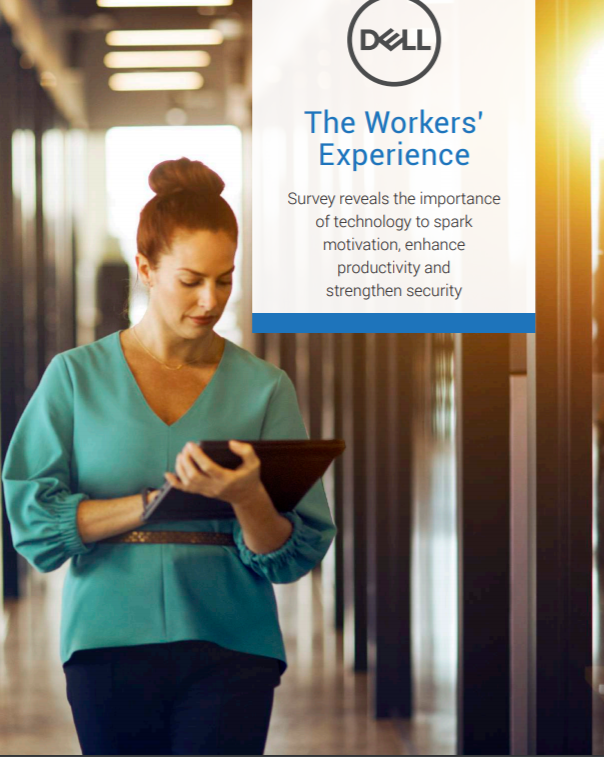Tesla wins case against ex-employee accused of stealing data
The company celebrates its latest victory against Martin Tripp, who was accused of hacking and sharing sensitive information


Tesla has won a legal case against one of its former employees after he was fired for allegedly hacking internal data and transferring this to third-parties.
The electric vehicle giant claimed that Martin Tripp, who formerly worked at the Gigafactory in Nevada, admitted to writing software that hacked the manufacturer’s operating system in 2018, according to Reuters.
Tripp managed to transfer several gigabytes of data to third parties, Tesla alleges, in addition to a separate incident in which he fed false information to media outlets.
In a ruling issued on Friday in the US District Court of Nevada, Tesla was granted three motions to seal, meaning court documents that would otherwise have been made public are now being withheld.
Tesla history with Martin Tripp stretches to 2018, where the company pinpointed the assembly line worker as being the culprit for allegedly leaking Business Insider that Tesla was scrapping or reworking 40% of raw materials at the site.
Tripp was accused of stealing and sharing company data not only with the press but also unnamed third-parties and was eventually sued for $167 million, according to Bloomberg.
Elon Musk, in particular, was reportedly keen to hit back at the former Tesla employee for what he described as “extensive and damaging sabotage”. Tripp has previously denied stealing data from Tesla, according to the same report, suggesting “I’m not that smart”.
Get the ITPro daily newsletter
Sign up today and you will receive a free copy of our Future Focus 2025 report - the leading guidance on AI, cybersecurity and other IT challenges as per 700+ senior executives
The latest round in the ongoing legal battle, which centres on the alleged theft of trade secrets, hit fever pitch in August this year when Tripp was reprimanded for allegedly uploading and posting court documents as well as depositions.
RELATED RESOURCE

The workers' experience report
How technology can spark motivation, enhance productivity and strengthen security
He agreed to pay Tesla $500 per day if he disclosed anything covered by a protective order, and the judge also ordered him to remove links, postings and any other means the court documents could be accessed.
Data theft is a critical concern for all businesses, with threats coming not only from the outside but from within many companies’ own workforce.
Research published last year, for instance, found that more than half of UK employees would be willing to sell corporate information to a third-party for the right price.

Keumars Afifi-Sabet is a writer and editor that specialises in public sector, cyber security, and cloud computing. He first joined ITPro as a staff writer in April 2018 and eventually became its Features Editor. Although a regular contributor to other tech sites in the past, these days you will find Keumars on LiveScience, where he runs its Technology section.
-
 Bigger salaries, more burnout: Is the CISO role in crisis?
Bigger salaries, more burnout: Is the CISO role in crisis?In-depth CISOs are more stressed than ever before – but why is this and what can be done?
By Kate O'Flaherty Published
-
 Cheap cyber crime kits can be bought on the dark web for less than $25
Cheap cyber crime kits can be bought on the dark web for less than $25News Research from NordVPN shows phishing kits are now widely available on the dark web and via messaging apps like Telegram, and are often selling for less than $25.
By Emma Woollacott Published
-
 PyPI attack: Targeting of repository 'shows no sign of stopping'
PyPI attack: Targeting of repository 'shows no sign of stopping'News Greater collaboration and understanding of attackers’ tactics is key to mitigating open source security threats
By Ross Kelly Published
-
 Capita's handling of cyber attack shows companies still fail at breach reporting
Capita's handling of cyber attack shows companies still fail at breach reportingAnalysis Capita initially told customers there was “no evidence” of data having been compromised in the March cyber attack
By Ross Kelly Published
-
 Malware being pushed to businesses by search engines remains a pervasive threat
Malware being pushed to businesses by search engines remains a pervasive threatNews High-profile malvertising campaigns in recent months have surged
By Ross Kelly Published
-
 There's only one way to avoid credential stuffing attacks
There's only one way to avoid credential stuffing attacksOpinion PayPal accounts were breached last year due to a credential stuffing attack, but can PayPal avoid taking responsibility?
By Davey Winder Published
-
 Five things to consider before choosing an MFA solution
Five things to consider before choosing an MFA solutionIn-depth Because we all should move on from using “password” as a password
By Rene Millman Published
-
 Cyber security suffers from a communication problem
Cyber security suffers from a communication problemNews Negative language around ‘human failures’ is eroding trust between security teams and broader business functions - it has to stop
By Ross Kelly Published
-
 Does LastPass really deserve a last chance?
Does LastPass really deserve a last chance?Opinion After several disastrous security incidents and a communications breakdown, it’s time to leave LastPass for pastures new
By Ross Kelly Published
-
 What is the spell-jacking vulnerability and how can your business avoid exposing data?
What is the spell-jacking vulnerability and how can your business avoid exposing data?In-depth Spell-jacking vulnerabilities are threatening to unwittingly leak data to third parties, undermining any drive to protect privacy
By Davey Winder Published